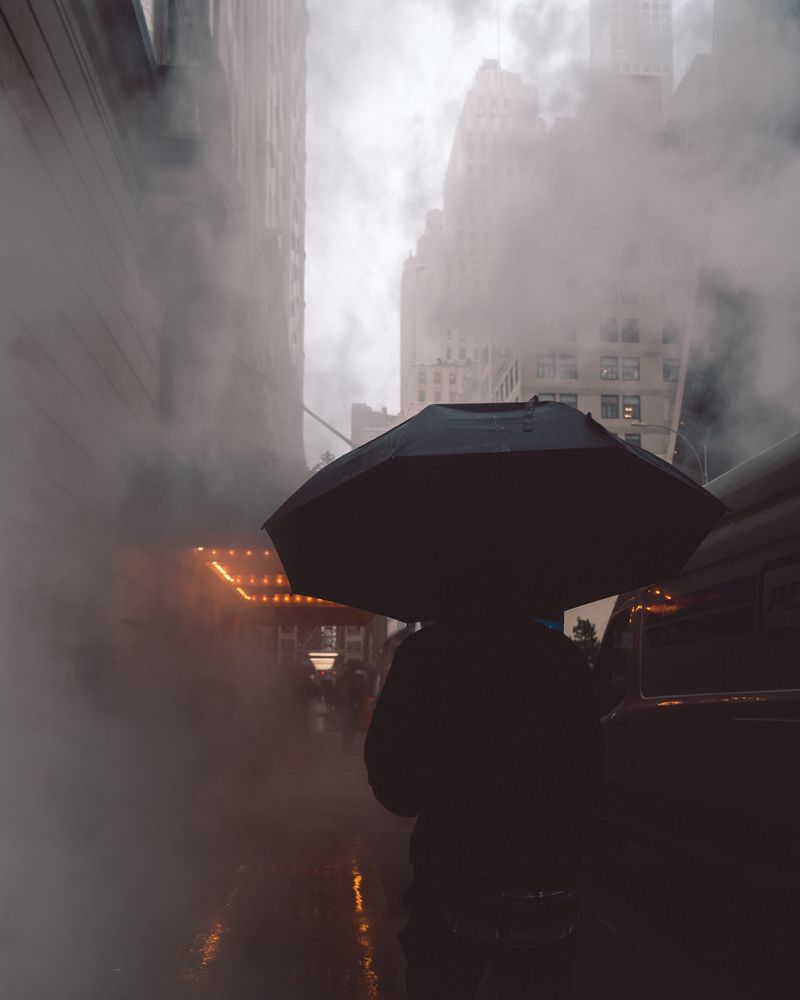Wildfire Smoke from Nova Scotia Travels to the United States
The ongoing wildfire crisis in Nova Scotia, Canada has forced nearly 18,500 people to evacuate from the region. The fires are occurring during a period of record-breaking heat, with the burning stretching over 25,000 acres, causing enormous plumes of smoke in the region. The smoke is now traveling across borders, reaching Cape Cod and some northeastern parts of the United States, according to weather officials. National Weather Service in Boston warned that the smoke would spread further across the region as wind conditions shift to the southeast.
Concerns about Air Quality and Health
While officials confirmed that the smoke would clear out over the skies near coastal New York, concerns have been raised about the quality of the air and its effect on people, particularly the elderly, young children, and individuals with respiratory illnesses. Some of the wildfires started on Monday, prompting officials to remind residents of the province-wide burn ban and encouraging people to stop burning and flicking cigarette butts out of car windows.
Philosophical Discussion on Climate Change and Normalization
This incident raises once again the urgent call for action against climate change. As the frequency and severity of wildfires increase globally, it has become increasingly clear that we need to make climate change a priority concern. Wildfires lead to a massive release of greenhouse gases into the atmosphere, making them an essential contributor to global warming. If these wildfires continue while being normalized and accepted as typical events, more hazardous environmental issues will arise.
Editorial Perspective
This incident is a wakeup call regarding the need for measures to address the issues of climate change. The government, and other stakeholders need to join hands and prioritise strategies to minimize the impacts of climate change. The continuous burning and incidents such as this wildfire leave many people with dangerous health risks and damage the environment. There is no better time than now to initiate action, invest in renewable energies, and put in place measures to manage the effects of extreme weather events.
Advice
In addition to government action, individuals must also play their part. It is imperative to desist from burning things that will contribute to the spread of wildfires and to emphasize preventive measures such as putting out cigarettes appropriately, maintaining fire safety, and spreading awareness in the communities. While the effects of climate change might seem distant, incidents like this wildfire show the environment’s capacity to retaliate when we treat it disregardedly.

<< photo by Ryan Millier >>
You might want to read !
- The Drowning of New York City: Understanding the Grim Consequences of Sinking Buildings and Rising Seas
- “Unpredictable Climate Conditions Pose a Threat to Formula 1 Events: Emilia-Romagna Grand Prix Cancelled Due to Devastating Floods in Italy”
- The Impact of the Devastating Nova Scotia Wildfires on the Local Community
- “Analyzing the Ripple Effect: How Target’s LGBTQ+ Backlash Fits into a Wider Phenomenon”
- Exploring the Impact of Typhoon Mawar on Guam: Heavy Rain and Strong Winds Pound the Island
- “The Business of Soccer: Analyzing the Profitability of Luton Town vs. Coventry City in the ‘Richest Game’”
- Reflecting on the Power and Necessity of Collective Prayer for Lasting Peace | The 2023 Memorial Day Proclamation
- Exploring the Cultural Phenomenon of 'Survivor': Analysis of its 44th Season Finale
- The Consequences of Fetty Wap’s Drug Charges: An Exploration of the U.S. Justice System
- Predicting the Outcome: A Sunday Showdown between Yankees and Reds in MLB best Bets and Odds
- Megan Fox Opens Up About Living With Body Dysmorphia and Relationship Struggles




